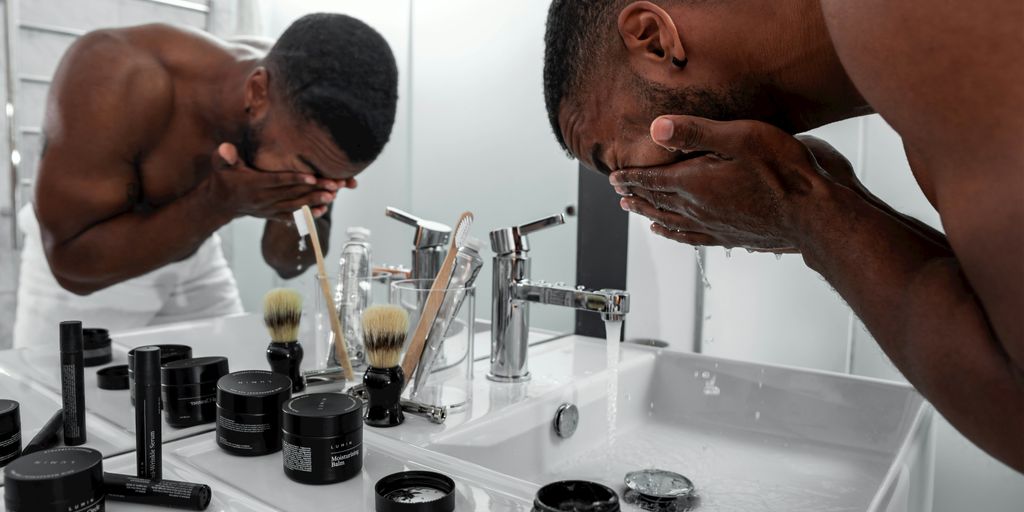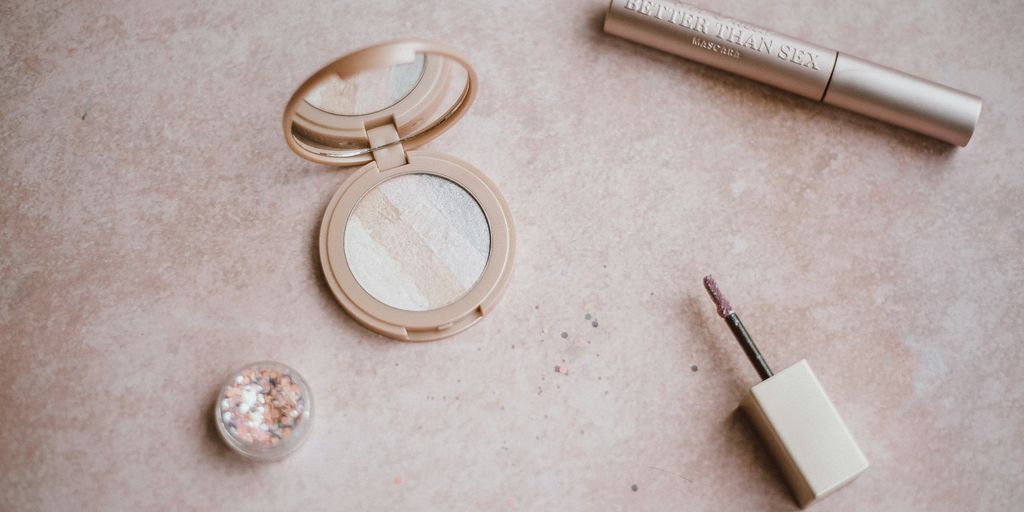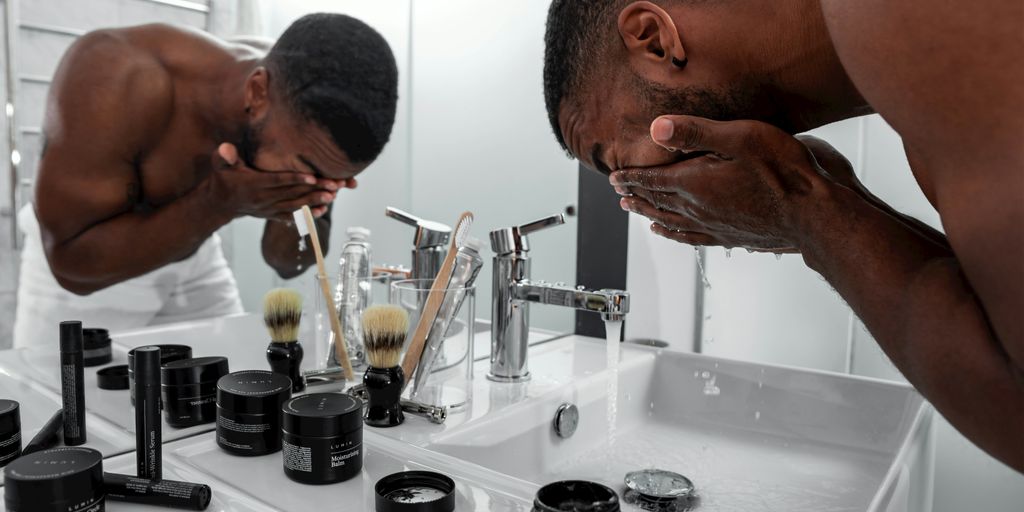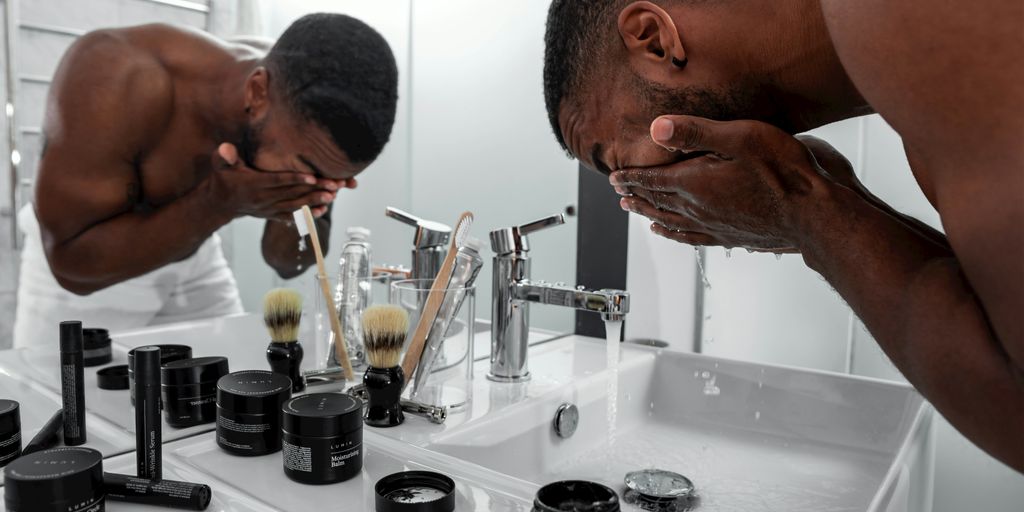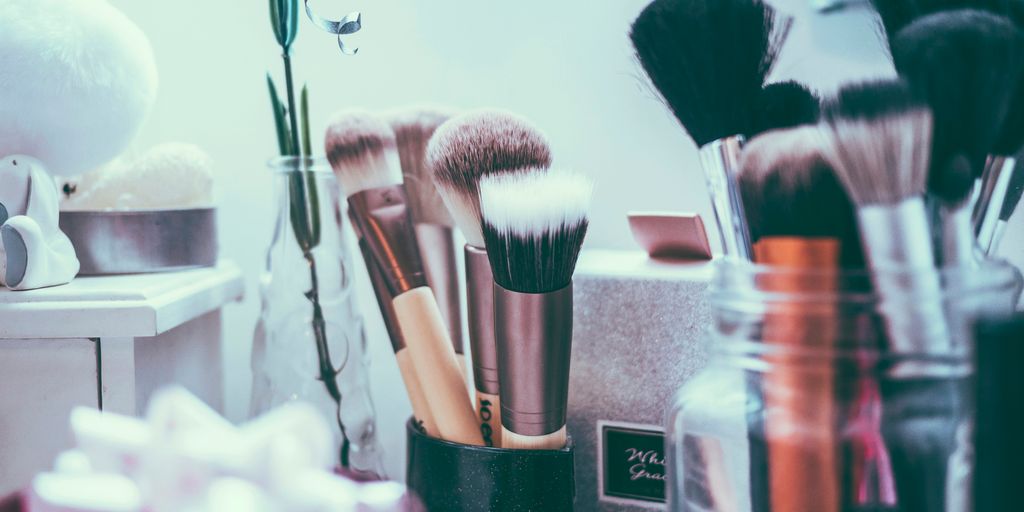Aquaphor is a well-known brand for its healing ointments and skin care products, but there’s been a lot of debate about whether it can be considered cruelty-free. As consumers become more conscious of animal welfare, the question on everyone’s mind is: is Aquaphor cruelty free in 2025? This article will break down the facts surrounding Aquaphor’s animal testing policies, its practices in different markets, and what it means for those who prioritize cruelty-free products.
Key Takeaways
- Aquaphor allows animal testing when required by law, notably in China.
- Selling in countries with mandatory testing impacts its cruelty-free status.
- Cruelty-free means products are not tested on animals, a standard Aquaphor does not meet.
- There are many cruelty-free alternatives to Aquaphor available on the market.
- Consumer advocacy plays a significant role in pushing brands towards more ethical practices.
Understanding Aquaphor’s Animal Testing Policy
Overview of Animal Testing Practices
Animal testing in the cosmetics and skincare world is a pretty controversial topic, and it’s something a lot of us care about when we’re buying products. Basically, it involves using animals to test the safety and effectiveness of ingredients or finished products before they go on sale to the public. This can include things like skin irritation tests, eye irritation tests, and even tests to see if a product causes any internal harm. It’s not a pretty process, and that’s why so many people are pushing for cruelty-free alternatives.
Legal Requirements for Testing
Okay, so here’s where it gets a little complicated. Some countries actually require animal testing for certain products before they can be sold there. China is the big one that usually comes up in these discussions. This means that even if a company claims to be cruelty-free in other parts of the world, they might still be required to test on animals to sell their products in these specific markets. It’s a real ethical dilemma for a lot of brands. Here’s a quick rundown:
- Some countries mandate animal testing for imported cosmetics.
- These laws often apply even if the product was not tested on animals elsewhere.
- Companies selling in these markets must comply to be legally compliant.
Aquaphor’s Stance on Animal Testing
So, where does Aquaphor stand on all of this? Well, it’s not always super clear-cut. Aquaphor is made by Beiersdorf, a pretty big skincare company. And like many large companies, their policies can be a bit nuanced. From what I’ve gathered, Aquaphor does allow its products to be tested on animals when it’s required by law. This usually means that because they sell in places like China, where animal testing used to be mandatory for many imported cosmetics, some of their products might have been tested on animals at some point.
It’s important to remember that a company’s stance can change over time as regulations evolve and consumer pressure increases. Staying informed is key to making ethical purchasing decisions.
It’s a bummer, I know. But it’s the reality of the situation right now. Whether or not that aligns with your personal values is something you’ll have to consider when deciding whether or not to buy their products.
The Impact of Selling in China
China’s Animal Testing Laws
China’s regulations around animal testing have been a big topic for years. Historically, they’ve required animal testing for many imported cosmetics and some domestically produced ones. This has forced brands to decide whether to comply with these rules to access the huge Chinese market, or to avoid testing and miss out on that potential growth. The rules are complex, and they’ve been changing, but the core issue remains: brands wanting to sell in China often face the requirement to test on animals.
How It Affects Cruelty-Free Status
Selling in China can really mess with a brand’s cruelty-free status. If a company agrees to animal testing to meet Chinese regulations, it’s generally no longer considered cruelty-free by organizations like PETA or Leaping Bunny. It’s a tough spot for companies that want to be ethical but also want to reach a massive consumer base. Some brands try to work around this by manufacturing in China but only selling online through cross-border e-commerce, which sometimes has different rules. It’s a constantly evolving situation, and it’s not always clear-cut.
Consumer Reactions to Aquaphor’s Choices
Consumer reactions are all over the place. Some people don’t care about animal testing and just want a product that works. Others are really passionate about cruelty-free products and will boycott brands that test on animals, even if it’s only to sell in China. Aquaphor’s decisions about the Chinese market definitely influence how these consumers see the brand. There’s a growing awareness, and more people are actively seeking out ethical brands. This puts pressure on companies like Aquaphor to be transparent about their practices and to consider the ethical implications of their business choices.
It’s a balancing act for brands. They have to weigh the potential profits from the Chinese market against the risk of alienating consumers who care about animal welfare. There’s no easy answer, and different companies will make different choices based on their values and business goals.
What Does Cruelty-Free Really Mean?
Definitions and Certifications
Okay, so what does "cruelty-free" actually mean? It’s a term that gets thrown around a lot, but it’s important to understand what it signifies. Basically, it means that a product and its ingredients weren’t tested on animals at any stage of development. This includes the raw materials, the manufacturing process, and the finished product.
However, there’s no single, universal definition. This is where certifications come in. Look for logos like Leaping Bunny or PETA’s Beauty Without Bunnies. These certifications mean a third-party organization has verified the company’s claims. It adds a layer of trust, because, let’s be real, anyone can slap a label on something.
The Importance of Cruelty-Free Products
Why should you even care about cruelty-free products? Well, for starters, it’s about ethics. Most people agree that animals shouldn’t suffer for our beauty routines. But beyond that, supporting cruelty-free brands sends a message to the industry. It tells companies that consumers value ethical practices and are willing to spend their money accordingly.
Here’s a few reasons to consider:
- Animal welfare: Obvious, but important. No animal testing means fewer animals subjected to potentially harmful procedures.
- Supporting innovation: Cruelty-free companies often invest in alternative testing methods that are more advanced and reliable than animal testing.
- Transparency: Brands committed to cruelty-free practices tend to be more transparent about their ingredients and supply chains.
Choosing cruelty-free is about more than just avoiding harm; it’s about actively supporting a more compassionate and sustainable industry. It’s a small change that can make a big difference.
Consumer Awareness and Choices
Being a conscious consumer in 2025 means doing your homework. Don’t just take a brand’s word for it. Check for certifications, read labels carefully, and do a little digging online. Websites and apps dedicated to cruelty-free products can be super helpful.
It can feel overwhelming at first, but it gets easier. Start by swapping out one or two products at a time. Every little bit helps! And remember, your choices have power. By supporting cruelty-free brands, you’re voting with your wallet and helping to create a more ethical world.
Alternatives to Aquaphor

If you’re looking for alternatives to Aquaphor, especially if you’re concerned about animal testing, there are thankfully many great options available. It’s all about finding what works best for your skin while aligning with your values. Let’s explore some cruelty-free and vegan alternatives.
Cruelty-Free Brands to Consider
There are several brands committed to cruelty-free practices that offer products similar to Aquaphor. These brands don’t test their ingredients or final products on animals, and they often have certifications to back up their claims. Some popular choices include:
- CeraVe: While not entirely vegan, CeraVe is a widely available and affordable option that is cruelty-free. Their healing ointment is a good alternative for dry skin and eczema.
- Vaseline: Vaseline is a good alternative to Aquaphor. It is a petroleum jelly that helps to protect and heal dry skin.
- Badger Balm: Badger Balm offers a range of organic and cruelty-free balms and salves that are great for moisturizing and protecting the skin. Their Baby Balm is particularly popular.
- Weleda: Weleda is a brand that has been around for a long time and is known for its natural and organic skincare products. Their Skin Food is a rich cream that can be used as an alternative to Aquaphor for very dry skin.
Vegan Options in Skincare
For those seeking completely vegan alternatives, meaning products that contain no animal-derived ingredients, the options are also growing. Here are a few to consider:
- Pacifica: Pacifica is a 100% vegan and cruelty-free brand with a wide range of skincare products. Look for their balms and moisturizers designed for sensitive skin.
- Derma E: Derma E offers a variety of vegan skincare products, including healing balms and moisturizers that are free of animal-derived ingredients.
- Acure: Acure is another great vegan and cruelty-free brand. Their Seriously Soothing Cloud Cream is a good option for sensitive, dry skin.
How to Choose Ethical Products
Choosing ethical products involves a bit of research, but it’s worth the effort. Here are some tips to help you make informed decisions:
- Look for Certifications: Certifications like Leaping Bunny or PETA’s cruelty-free logo indicate that a brand has been independently verified to meet certain standards.
- Read Labels Carefully: Check the ingredient list for any animal-derived ingredients if you’re looking for vegan options. Common ones to avoid include beeswax, lanolin, and honey.
- Research the Brand: Take some time to research the brand’s animal testing policy and ethical practices. Many brands have this information readily available on their website.
Making the switch to cruelty-free and vegan skincare can feel overwhelming at first, but it’s a rewarding journey. By choosing ethical alternatives to products like Aquaphor, you’re not only taking care of your skin but also supporting companies that prioritize animal welfare and sustainability. It’s a win-win!
The Role of Consumer Advocacy
How Advocacy Groups Influence Brands
Advocacy groups play a huge role in shaping how companies approach animal testing. These groups work tirelessly to raise awareness, put pressure on brands, and push for policy changes. They use a variety of tactics, from public campaigns and boycotts to direct engagement with companies. Their efforts can significantly impact a brand’s reputation and bottom line, making companies more likely to adopt cruelty-free practices.
The Power of Consumer Feedback
Never underestimate the power of your voice! Companies pay attention to what consumers say, especially on social media. Leaving reviews, sending emails, and engaging in discussions about animal testing can influence a brand’s decisions. If enough people demand cruelty-free products, companies will listen. It’s all about voting with your wallet and making your values known.
Staying Informed About Brand Practices
It can be tricky to keep up with which brands are truly cruelty-free. Certifications like Leaping Bunny can help, but it’s also important to do your own research. Websites and apps dedicated to cruelty-free shopping can be great resources. Stay informed about parent companies, as a seemingly cruelty-free brand might be owned by a company that still tests on animals.
Staying informed is the first step to making ethical choices. It’s about understanding the complexities of the industry and making decisions that align with your values.
Here’s a simple checklist to help you stay informed:
- Check for cruelty-free certifications.
- Research the parent company.
- Read reviews and consumer feedback.
- Stay updated on industry news and policy changes.
Future Trends in Animal Testing
Shifts in Global Regulations
It’s interesting to see how things are changing. More places are starting to rethink animal testing rules. Some countries have already banned it for cosmetics, and others are thinking about doing the same. This could really shake things up for companies that sell products worldwide. Regulations are not consistent, and that’s a problem.
Consumer Demand for Ethical Products
Consumers are getting smarter and more vocal. People want to know what’s in their products and how they’re made. There’s a growing demand for products that are cruelty-free and ethically sourced. This is putting pressure on companies to be more transparent and to find alternatives to animal testing. It’s not just a trend; it’s a real shift in what people expect from the brands they support.
The Future of Cruelty-Free Certification
Cruelty-free certification is becoming more important. But, it can also be confusing. There are different organizations that offer certification, and they don’t all have the same standards. In the future, we might see more standardized and reliable certifications that consumers can trust. This would make it easier to choose products that really are cruelty-free.
It’s important to remember that the fight against animal testing is far from over. While progress has been made, there’s still a lot of work to do. By staying informed and making conscious choices, we can all help create a more ethical and compassionate world.
Here’s a quick look at how things might change:
- More countries banning animal testing.
- Better, more reliable certifications.
- Companies investing in alternative testing methods.
Personal Responsibility in Purchasing
Making Informed Choices
It’s easy to grab whatever’s on sale or what you’ve always used, but taking a moment to think about what you’re buying can make a difference. Start by reading labels. Look beyond the big, flashy claims and check the ingredient list. See if you recognize most of the ingredients, and if not, do a quick search. There are tons of resources online that can help you understand what those mystery chemicals actually are and what effects they might have. Also, keep an eye out for certifications like Leaping Bunny or PETA’s cruelty-free logo. These can give you some peace of mind, but it’s still a good idea to do your own research, as certification standards can vary.
Supporting Ethical Brands
Once you’ve done your homework, put your money where your mouth is. Choose brands that align with your values. This might mean spending a little more, but think of it as an investment in a better world. Ethical brands often prioritize things like fair labor practices, sustainable sourcing, and, of course, cruelty-free production. It’s not always easy to tell which brands are truly ethical, so look for transparency. Do they openly share information about their supply chain? Do they have clear policies on animal testing? If a company is hiding something, that’s usually a red flag.
The Impact of Your Purchases on Animal Welfare
Every purchase you make sends a message to companies. If you buy cruelty-free products, you’re telling brands that there’s a demand for ethical options. Over time, this can influence companies to change their practices. It’s a slow process, but it works. Think about it: if enough people stop buying products that are tested on animals, companies will eventually have to adapt to stay competitive. Your individual choices might seem small, but they add up.
It’s not just about avoiding products tested on animals. It’s about supporting a system that values animal welfare and promotes ethical business practices. By making conscious choices, you’re contributing to a more compassionate and sustainable future.
Here are some ways to make a difference:
- Research brands before you buy.
- Look for cruelty-free certifications.
- Support companies that are transparent about their practices.
- Talk to your friends and family about animal welfare.
- Write to companies and let them know you support cruelty-free products.
When you buy something, it’s important to think about the impact of your choices. Each purchase can affect the environment and the community. By being responsible, you can help make a difference. Check out our website to learn more about how to shop wisely and make eco-friendly choices!
Final Thoughts on Aquaphor’s Cruelty-Free Status
In conclusion, it’s clear that Aquaphor is not cruelty-free as of 2025. The brand allows animal testing when required by law, particularly in markets like China. This means that while you might love their products for their soothing properties, you should also consider the implications of their testing policies. If cruelty-free products are important to you, it might be worth exploring other brands that align better with those values. It’s always good to stay informed and make choices that reflect your beliefs.
Frequently Asked Questions
Is Aquaphor cruelty-free?
No, Aquaphor is not considered cruelty-free because they allow animal testing when required by law, such as when selling in China.
What does cruelty-free mean?
Cruelty-free means that a product has not been tested on animals at any point during its development.
Why does Aquaphor test on animals?
Aquaphor tests on animals to comply with legal requirements in certain countries, like China, where animal testing is mandatory.
Are there any cruelty-free alternatives to Aquaphor?
Yes, there are many cruelty-free brands that offer similar products to Aquaphor, such as CeraVe and Eucerin.
How can I find cruelty-free products?
You can look for certifications from organizations like PETA or Leaping Bunny, which indicate that a brand is cruelty-free.
What can I do to support cruelty-free brands?
You can choose to buy products from brands that are certified cruelty-free and spread awareness about the importance of animal welfare.


